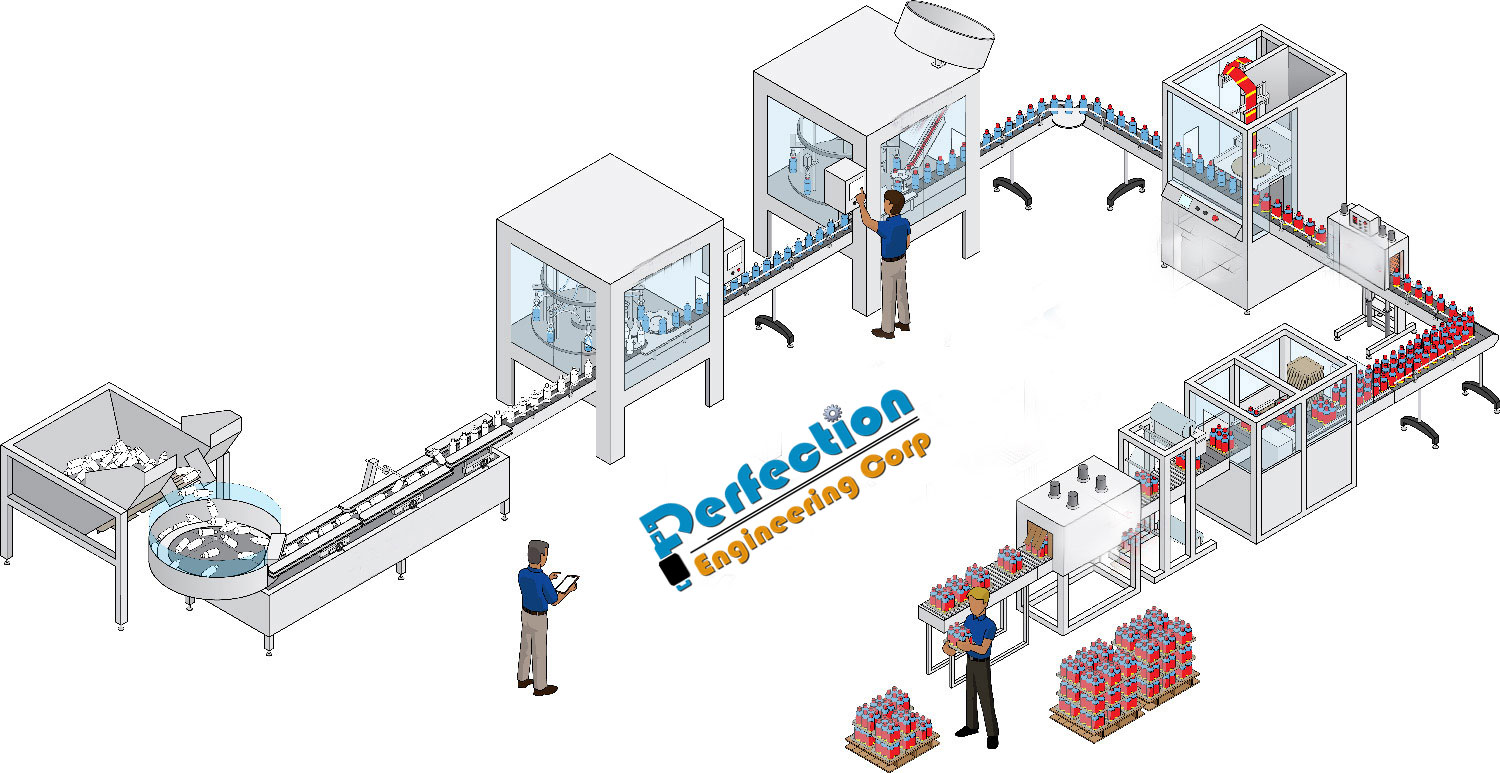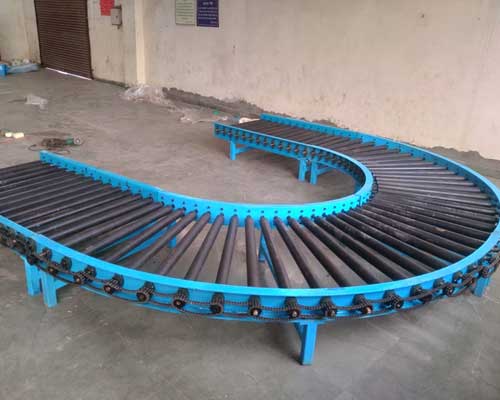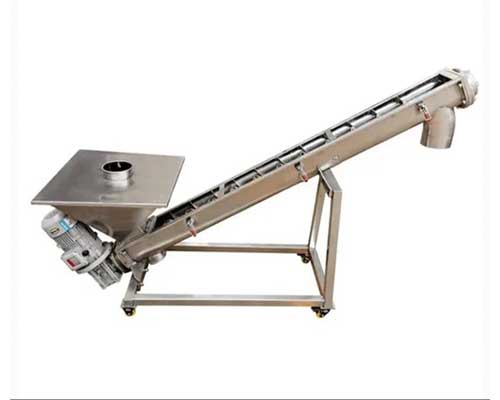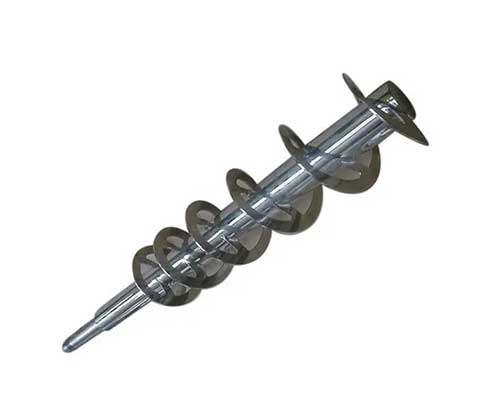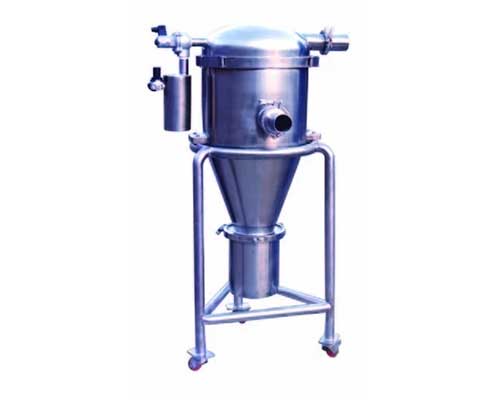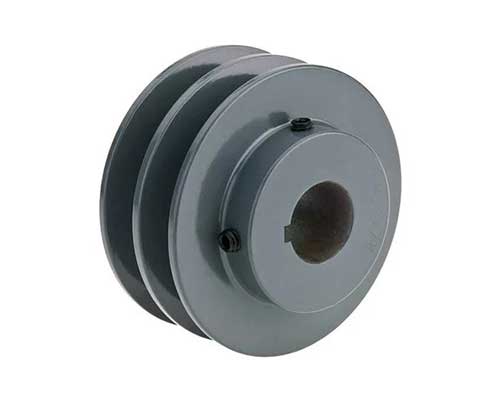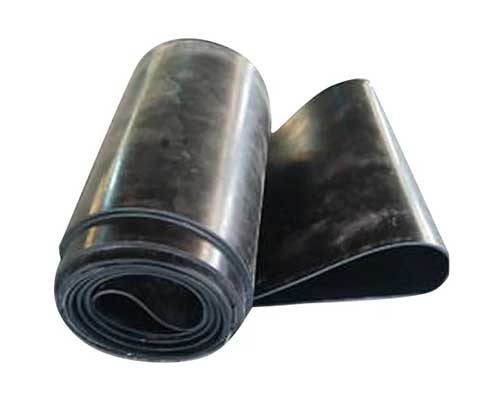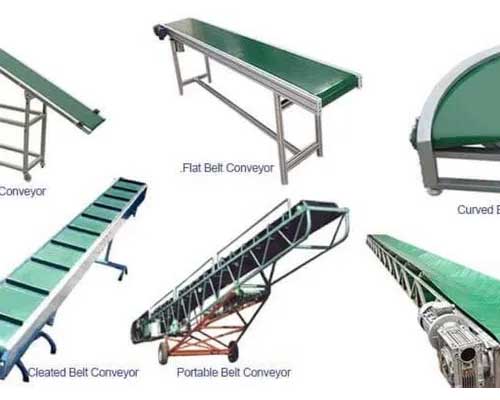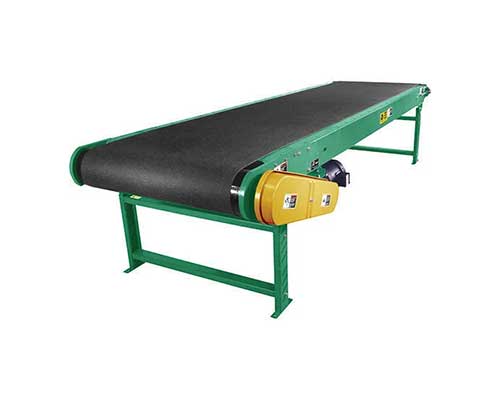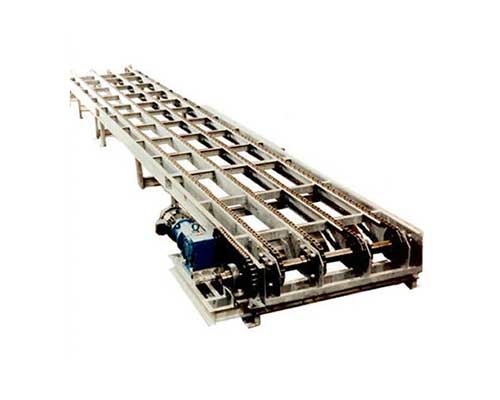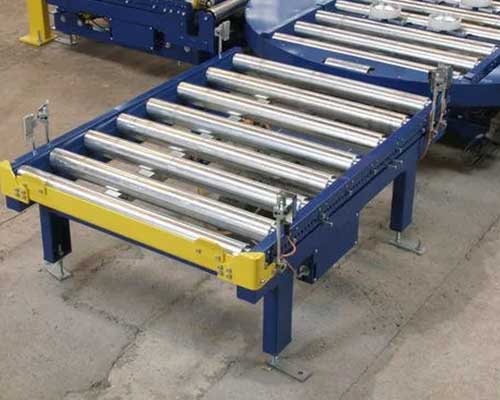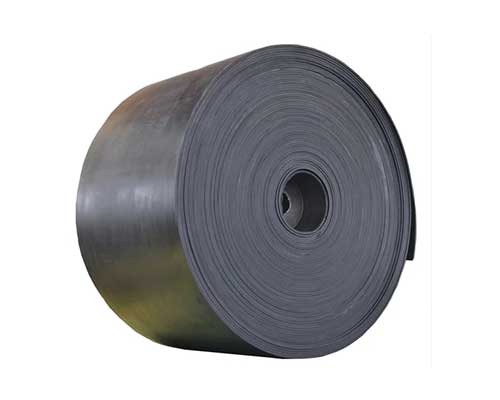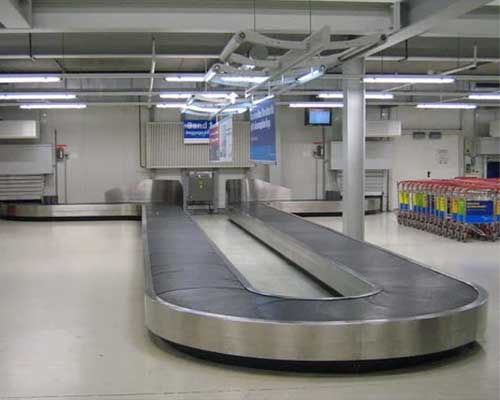Introduction to Rolling Conveyors
Rolling conveyors, also known as roller conveyors, are conveyor systems that use cylindrical rollers to move items along a flat surface. These systems are designed to transport items of various shapes, sizes, and weights across different areas, making them ideal for industries that require efficient material handling. The rollers can either be powered (driven) or non-powered (gravity-based), depending on the application and needs of the facility.
Types of Rolling Conveyors
Gravity Roller Conveyor: As the name suggests, gravity roller conveyors rely on gravity to move items along the conveyor path. These conveyors are typically inclined to allow items to flow freely without the need for external power. They are ideal for light to medium-weight materials and are commonly used in warehouses, distribution centers, and manufacturing plants.
Powered Roller Conveyor: Powered or motor-driven roller conveyors use motors to drive the rollers and move items along the conveyor. These systems are perfect for heavier loads or where consistent movement is required. They are frequently used in industries where automation and speed are crucial, such as in packaging, assembly lines, and logistics operations.
Flexible Roller Conveyor: Flexible roller conveyors can expand and contract to meet the needs of different operational spaces. This versatility allows them to be easily repositioned and stored when not in use. Flexible conveyors are especially useful in environments where space is limited or the layout frequently changes.
Heavy-Duty Roller Conveyor: Heavy-duty roller conveyors are designed to handle large, heavy items such as pallets, machinery parts, or construction materials. Built with stronger materials and larger rollers, these conveyors provide durability and strength for challenging industrial applications.
Features of Rolling Conveyors from Perfection Engineering Corporation
Durable Construction: One of the most notable aspects of Perfection Engineering's rolling conveyors is their robust construction. Made from high-quality materials such as stainless steel, aluminum, and heavy-duty polymers, these conveyors are built to withstand the rigors of industrial environments. The company ensures that every component of the conveyor is designed for long-lasting performance, even under heavy loads.
Customization Options: Perfection Engineering understands that every industry has unique needs. That’s why they offer extensive customization options for their rolling conveyors. Whether it’s the size, type of rollers, conveyor speed, or additional features like sensors and automation systems, the company can tailor the conveyors to meet the specific demands of the client.
Smooth and Efficient Operation: The design of the rollers ensures smooth movement of materials with minimal friction, leading to energy-efficient operation. In powered roller conveyors, the motor systems are engineered to be quiet yet powerful, allowing for seamless transportation of items across production lines or warehouses.
Safety Features: Perfection Engineering places a strong emphasis on safety. Their rolling conveyors come equipped with safety features such as emergency stop buttons, anti-slip coatings on rollers, and protective side rails to prevent items from falling off during transit. Additionally, they offer options for automated safety features, such as sensors that detect blockages or irregularities on the conveyor.
Low Maintenance: One of the key benefits of Perfection Engineering's rolling conveyors is their low-maintenance design. The rollers and frames are treated with corrosion-resistant coatings, and the components are designed for easy cleaning and replacement. This ensures that the conveyors remain operational for extended periods with minimal downtime for repairs.
Applications of Rolling Conveyors
Rolling conveyors are used in a diverse range of industries, each requiring specific adaptations and features to enhance efficiency. Some of the major applications include:
Automotive Industry: In automotive assembly plants, rolling conveyors are used to transport vehicle parts from one station to another. Heavy-duty roller conveyors are essential in moving large components like engines and chassis, ensuring a smooth assembly process.
Warehouse and Distribution Centers: Rolling conveyors are a critical part of material handling in warehouses. They allow for the efficient movement of boxes, packages, and pallets from one area to another, often facilitating the packing and sorting process in logistics operations.
Packaging Industry: In packaging facilities, powered roller conveyors are commonly used for transporting products through different stages of packaging, labeling, and sealing. The integration of automation and sensors makes these conveyors perfect for high-speed operations.
Food Processing: Rolling conveyors used in food processing facilities are made from stainless steel to meet hygiene standards. These conveyors ensure the smooth transfer of food products during various stages of processing and packaging, minimizing the risk of contamination.
Retail and E-commerce: Rolling conveyors are widely used in e-commerce and retail distribution centers, where speed and efficiency are paramount. They help in streamlining the movement of goods from inventory to shipment, ensuring faster delivery times.
Benefits of Choosing Rolling Conveyors from Perfection Engineering
Enhanced Efficiency
Rolling conveyors from Perfection Engineering Corporation are designed to optimize the material handling process. Whether it's transporting heavy goods or light packages, their conveyors significantly reduce the time and effort required to move items across the facility, leading to higher productivity.
Cost-Effective Solutions
Perfection Engineering offers a range of rolling conveyors at competitive prices. Their durable design ensures long-term use with minimal maintenance costs, making them a cost-effective solution for businesses looking to enhance their material handling operations.
Flexibility and Customization
With a wide variety of customization options, businesses can select the type of rolling conveyor that best suits their operational requirements. Whether it's for a small packaging unit or a large distribution center, Perfection Engineering can provide conveyors that perfectly align with the specific needs of the business.
Improved Workplace Safety
By reducing manual handling, rolling conveyors minimize the risk of injuries in the workplace. The automated nature of these conveyors ensures that workers don’t have to manually lift or transport heavy items, thereby creating a safer and more efficient work environment.
Expert Support and Service
Perfection Engineering Corporation prides itself on providing exceptional customer service. From initial consultation to installation and after-sales support, their team of experts is available to assist clients at every stage of the process, ensuring a smooth and successful integration of their rolling conveyor systems.

